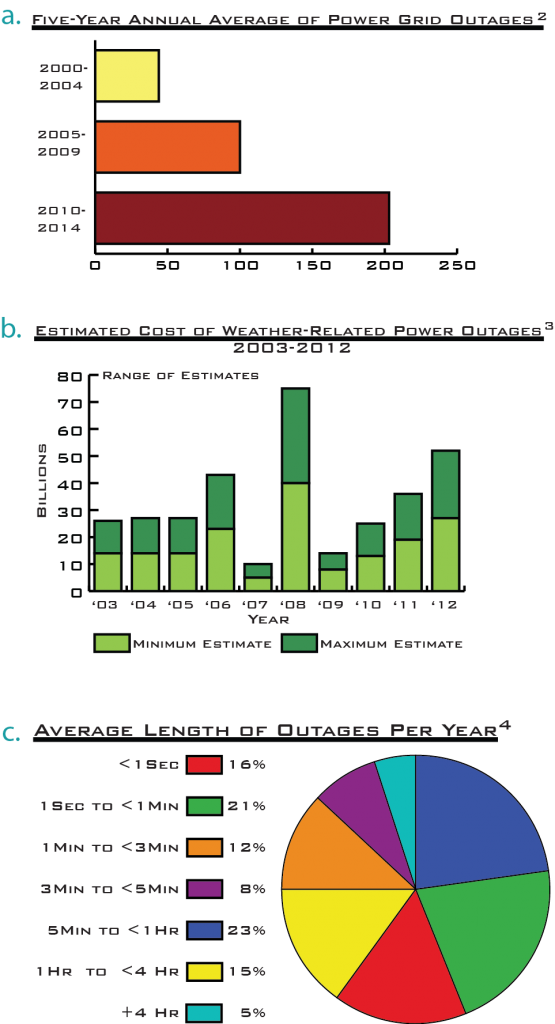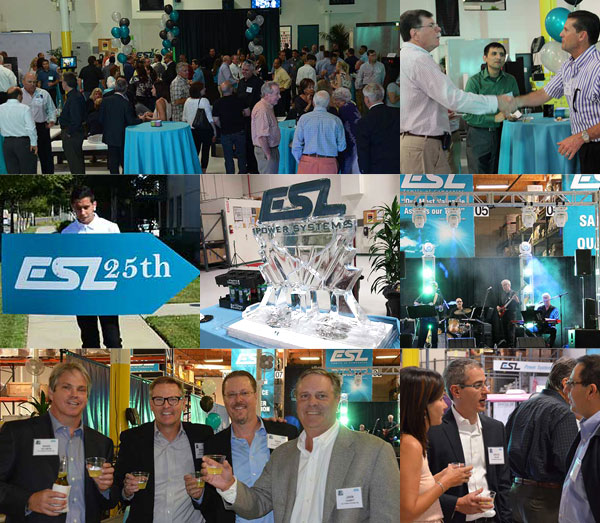
The 2016 Atlantic hurricane season forecast released from Colorado State University in April calls for the number of named storms and hurricanes to be near historical averages. A total of 12 named storms, five hurricanes and two major hurricanes are expected this season. These numbers do not include Hurricane Alex, a rare occurrence that hit the Azores in mid-January. The official hurricane season spans from June through November. However, as illustrated by Hurricane Alex, the formation of tropical cyclones is possible at any time of the year.
“the number of storms and when they strike doesn’t particularly matter. Because it only takes one.”
Most forecasting groups have called for this season to be an above average season, due to a combination of factors including a transition to La Niña and warmer than normal sea surface temperatures in the Gulf of Mexico. But as pointed out by Eric Fisher,Chief Meteorologist at CBS Boston, whether the forecast is in line with the average or above it “the number of storms and when they strike doesn’t particularly matter. Because it only takes one.”
Take Hurricane Isaac for example in 2012. Isaac was a deadly and destructive tropical cyclone that came ashore in the state of Louisiana during August 2012. The ninth named storm and fourth hurricane of the annual hurricane season caused $2.39 billion USD in damage and led to 41 fatalities (breakingnews.com).
It’s never too late to make sure that you’re prepared for an emergency or loss of power. As a business owner, planning for an emergency power situation requires choosing a standby power solution. While some solutions can be quite costly, ESL’s pre-wired UL 1008 emergency quick connect equipment is very cost-effective. In addition, it provides users with a safe and simple operation to connect portable power in minutes minimizing the interruption of business operation and associated costs.
We can’t stop hurricanes, but we can mitigate risk, both to our lives and our property, by being proactive. Plan ahead. The first step is to evaluate what type of transfer switch is most suitable for your application. Be prepared. Learn more about manual transfer switches and emergency power preparedness statistics. Then contact ESL for a quote.





